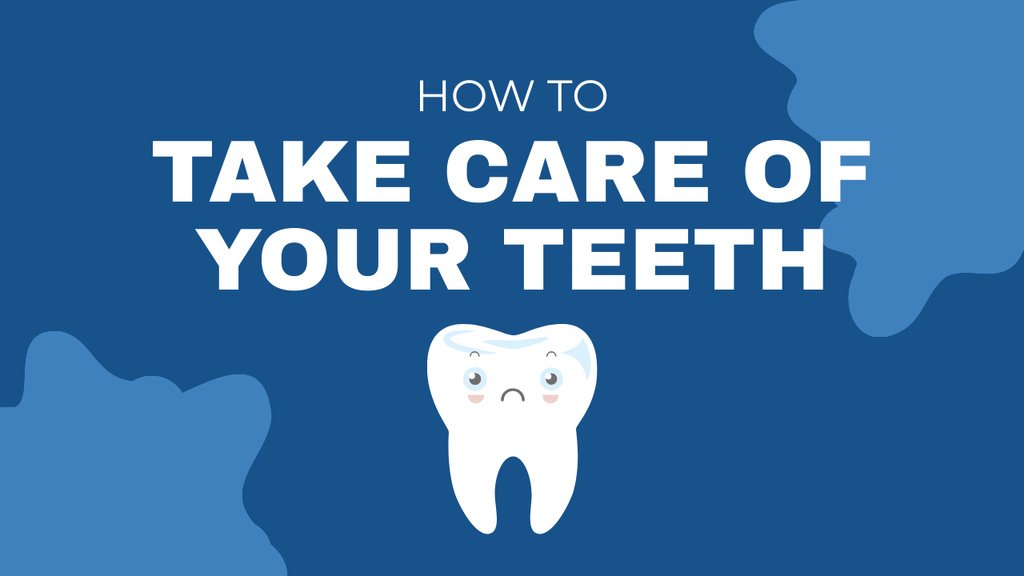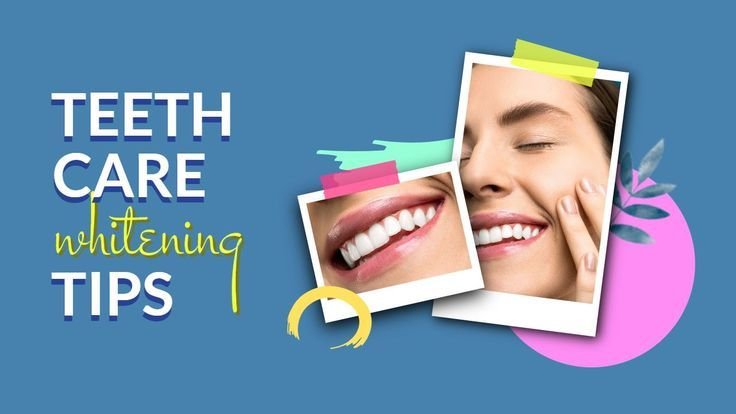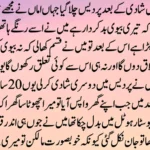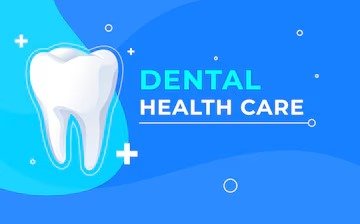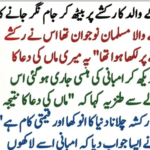You should floss your teeth at least once a day and brush your teeth twice a day, as you probably already know. If not, let’s take a closer look at each of these habits. To begin with, you should always brush your teeth first thing in the morning. Ideally, this should be done right before breakfast, but it’s better to do it right after.

Just keep in mind that brushing your teeth once in the morning and once at night before bed is the best. I frequently advise my patients to use electric toothbrushes because, while manual regular toothbrushes can be very effective, they require precise technique, and I know that I occasionally rush through this process. Therefore, it’s better for me and most other people to try to use an electric toothbrush because it does the work for you and reduces the chance of error. Next, flossing is advised.
Cleanse the spaces between your teeth at least once a day. Now, when it comes to flossing, traditional string floss works well as long as you use the right technique. Therefore, most people should really make an effort to use the right flossing technique. By properly flossing, you can reduce the risk of cavities and gum disease by effectively removing plaque and bacteria from your teeth. In addition, I always remind my patients that the space between their teeth actually makes up 40% of their tooth, so if you are just brushing and not flossing, you are essentially missing out.
Out on cleaning forty of your teeth, which is a big amount, right? If I were to receive a forty coupon to use at the shop, I would surely use it; why would you ever want to lose out on that much? Losing is crucial. But as you may have noticed when I began this little diatribe about flossing, I technically said “flossing and/or cleaning between your teeth,” which means that certain people might benefit more from products like interdental brushes or water flossers, or perhaps both should be used in tandem at times, such as string flossing, water flossing, and floss picks. Hey, if you’re not flossing at all and you want to start, go ahead and use the picks since they’re easier. Compared to not flossing at all, it’s superior.
Therefore, I’m all for it. If you’d want to learn more about these other options, I actually have a complete movie about the various alternatives to flossing. Naturally, I’ll include a link to my video at the bottom or below. Now, let’s talk about toothpaste. As a qualified dental hygienist, I suggest fluoride toothpaste to all of my patients. The purpose of brushing your teeth is to avoid cavities and gum disease, thus for gum disease the fluoride that demineralizes your teeth has been shown to help prevent tooth decay and cavities.
The act of brushing your teeth and eliminating plaque and debris from them helps prevent gum disease. Although fluoride toothpaste helps prevent cavities, it is still crucial to use toothpaste when brushing your teeth. If you’d like to know more about the differences between fluoride and non-fluoride toothpaste, feel free to contact us.
Another item you can include in your regimen to really step up your at-home hygiene game is fluoride mouthwash. It is ideal to use it right before bed so that you swish, spit and don’t rinse with water, leaving the fluoride mouthwash on your teeth overnight.
Aid in making your enamel stronger some people even prefer to leave fluoride toothpaste on their teeth, which is effective as well. In these cases, people brush with fluoride toothpaste twice a day, floss, and then rinse their teeth without using water. This is great if you can do it, but most people find that leaving toothpaste on your teeth feels uncomfortable. If that sounds like you, great! I too prefer to use fluoride mouthwash. To sum up, brushing and flossing twice a day with fluoride toothpaste. The two most crucial things you can do to maintain a happy and healthy smile are brushing between your teeth at least once a day—the best time to do this is right before bed—and using a tongue scraper to keep your mouth feeling clean and fresh. Finally, use fluoride mouthwash to further enhance the health and happiness of your teeth.
Should You Brush Your Teeth BEFORE or AFTER Breakfast?
The majority of us are aware that we should brush our teeth at least twice a day—once in the morning and once at night. The big question is, though, should we brush our teeth in the morning before or after breakfast? I understand that it makes sense to brush after breakfast so you can start the day with clean, fresh breath, and you’ve always heard dental professionals advise you to brush after every meal, but in actuality, brushing as soon as you wake up and before breakfast is actually much more beneficial to your dental health.
You don’t want the oral bacteria that accumulated while you slept to mix with the breakfast food particles or acidic coffee beverages. Even if you brush your teeth before bed, chances are that you wake up with a layer of plaque on your teeth, especially if you breathe through your mouth. You can follow the best nighttime brushing and flossing routine and still wake up with plaque on your teeth. The problem is that this combination of oral bacteria from sleeping on your teeth and breakfast food particles or coffee actually gives the plaque nutrients to feed off of.
Which leads to the plaque secreting acids and other byproducts that are extremely bad for your tooth enamel, increasing your risk of cavities, tooth decay, and that buildup on your lower front teeth. Therefore, it is technically less healthy to eat breakfast before brushing your teeth in the morning than to brush first thing in the morning and then eat breakfast. I know this can be confusing, especially because different dental professionals will have differing opinions. This is because, as I mentioned earlier, dental professionals are highly trained to advise patients to brush after every meal.
In this instance, brushing in the morning is advised because it’s also advised to brush as soon as you wake up. It’s complicated because we don’t want to overburden patients, and technically brushing before and after breakfast is ideal because not many people are willing to do that. What’s even more complicated is that, even if you did want to brush, you should technically wait at least 30 minutes to brush after eating because some foods and beverages can be harder on your teeth.
Enamel than others, and brushing too soon after eating can theoretically scrub all of those acids and bacteria around, causing even more damage to your mouth. For example, most breakfast foods—such as orange juice, coffee, toast, eggs, and any kind of pastry—are highly acidic, so brushing your mouth with a toothbrush immediately after eating or drinking these foods can rub all of those acids across your teeth. Instead, it’s usually advised to wait 30 to 60 minutes after eating before brushing to allow the pH in your mouth to neutralize before brushing.

If possible, the ideal patient will brush their teeth as soon as they wake up, eat breakfast, wait 30 to 60 minutes for all of the acids in their mouths to neutralize, and then brush again. However, don’t feel bad if you don’t have that much time in the morning to brush twice because I’m right there with you most days and I usually have to leave right away. If you’re like me and you don’t always have the time to wait 30 minutes after breakfast to brush, it’s advised to at least give your mouth a thorough swish or use a water flosser if you have the time, or even use mouthwash after eating. Just keep in mind that none of these water and wish-swishing activities can replace brushing your teeth, but they can help if you’re pressed for time and have already brushed when you woke up in the morning. If you’re an overachiever or have extra time, those two morning brushing sessions can definitely be a great thing to do again. Ultimately, you just want to make sure that you’re thoroughly cleaning your mouth at least twice a day and any additional times after meals, of course waiting 30 to 60 minutes after eating.
